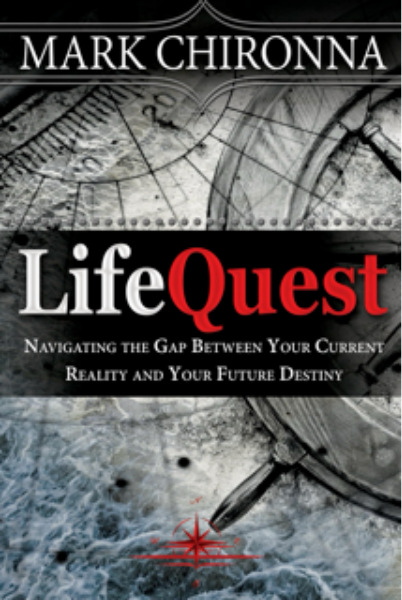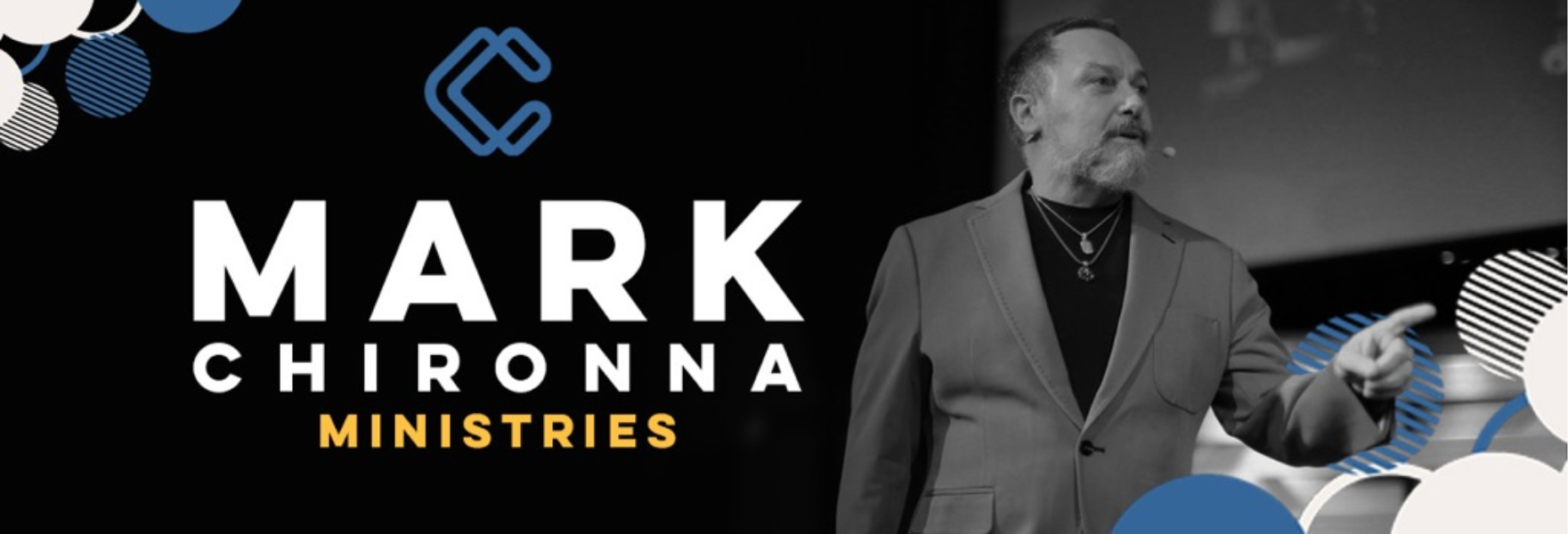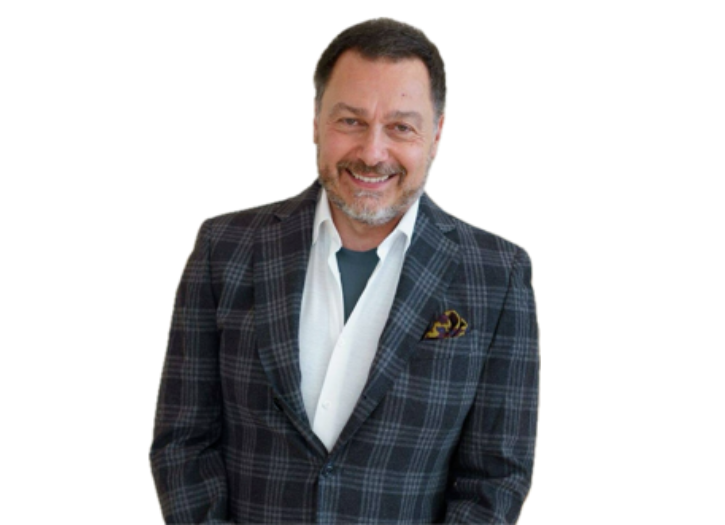Check out another excerpt from Certified life coach, Author, and Spiritual Director Dr. Mark J. Chironna:

One of the great struggles we face together in this moment in society is how easily our collective thinking gets shaped and distorted by the way the media portrays information. It’s not just that sometimes the media outright lies; often, it’s more subtle. The facts can be twisted or selected carefully to point us toward a certain reaction or conclusion. This isn’t just a theory; recent research shows it’s deeply real. According to Pew Research, about three-quarters of Americans think news organizations regularly favor certain perspectives, significantly shaping public trust and how we respond to important issues. Scholars who study this describe it as “framing” or “agenda-setting,” meaning news outlets choose what to highlight and what to ignore, influencing how we think and feel about critical matters.
In the era of Walter Cronkite, Bob Woodward, Carl Bernstein, Daniel Ellsberg, Tom Wolfe, Gay Talese, and their contemporaries in the 1960s and 1970s, several factors influenced news reporting differently than today. First, news organizations saw themselves primarily as public servants, driven more by a sense of civic responsibility than commercial profitability. Cronkite’s reputation as “the most trusted man in America” was based precisely on public trust in journalistic integrity rather than sensationalism or ideological advocacy. Networks were largely willing to accept lower profits from news divisions as part of their duty to inform the public honestly.
Second, there existed stricter journalistic standards and editorial oversight. Rigorous fact-checking was the rule rather than the exception, and journalistic ethics, shaped by ideals like neutrality, objectivity, and fairness, played a more decisive role. This era placed considerable weight on careful verification of sources and cautious reporting of sensitive or controversial stories, driven partly by the strong ethical frameworks that guided both reporters and editors.
Third, the media landscape itself was less fragmented. With fewer television networks and trusted newspapers as primary sources of national news, competition emphasized journalistic credibility rather than viewer numbers or clicks.Journalists like Woodward and Bernstein, whose reporting broke the Watergate scandal, spent months meticulously documenting their claims, guided by editors dedicated to accuracy, fairness, and accountability. The goal was not just rapid dissemination of information, but comprehensive and verifiable storytelling.
Fourth, behind-the-scenes influences differed significantly. Corporate ownership of news organizations was less concentrated, and the financial pressures of a 24-hour news cycle, ratings-driven television, and digital competition were far less intense or non-existent. The constant demands for immediate online clicks, social media engagement, and advertising revenue were absent, enabling journalists more space and time for careful, measured investigative work.
Lastly, culturally, journalism during that period was generally held in higher public esteem, seen by many as a profession integral to democracy’s checks and balances. This perception was exemplified by the broad trust placed in the figures mentioned earlier, such as Walter Cronkite, whose credibility was widely recognized. While public skepticism toward the press certainly existed, the prevailing cultural climate afforded journalism a degree of respect and authority that strengthened internal professional standards and encouraged accountability among reporters and editors.Though this wasn’t universal or without exceptions, documented cases from that era suggest reporters commonly operated with an acute awareness of their role and its potential societal impact.
Today, while many excellent journalists still adhere to these standards, systemic pressures toward sensationalism, speed, profitability, ideological polarization, and fragmented audiences have reshaped the journalistic landscape. Recovering what made those earlier decades distinct, robust editorial oversight, rigorous ethical standards, public trust as a core value, and reduced commercial influence, might help restore greater clarity, accuracy, and integrity in media reporting today.
But the issue goes even deeper. Truth-telling means far more than simply avoiding lies. Philosopher Harry Frankfurt introduced a concept called “bullshit,” suggesting that what’s truly dangerous isn’t just lying; it’s a lack of care about the truth altogether. It’s talking without genuinely caring if the words match reality. Hannah Arendt also helps us here, reminding us that losing truthfulness isn’t just losing facts; it’s losing our capacity to trust each other, communicate honestly, and hold one another accountable. When we stop expecting honesty in public life, our entire society suffers.
In past generations, when things got complicated, people turned to trusted public intellectuals, thinkers and writers known for their clarity, wisdom, and integrity. People such as Reinhold Niebuhr, Hannah Arendt, or James Baldwin offered guidance and thoughtful insight. Today, though, our culture tends to prefer quick soundbites and celebrity opinions over careful thinking. Tom Nichols argues in his book, The Death of Expertise, that we’ve developed a troubling suspicion toward experts and thoughtful voices. When expertise itself is viewed through a political lens, wisdom gets overshadowed by sensationalism and shallow debates.
The problem becomes especially troubling when we’re confronted with major crises, times when we desperately need clear guidance. What do we do when even the experts disagree? Philosopher Miranda Fricker describes this as “epistemic injustice,” a fancy way of saying that at precisely the moments we need clarity most, our trust in knowledgeable voices breaks down. Without good critical thinking, we retreat to easy answers or simply follow whoever aligns with our preexisting opinions. We become opinionated, yes, but rarely wise.
Our way forward, though challenging, is clear. We need to recover something essential: humility in the way we think and speak. This means admitting that we don’t always have all the answers and carefully weighing information from multiple sources. We need to learn to think more carefully, ask better questions, and seek out those voices that speak with genuine integrity and wisdom. Our schools, churches, and communities must teach these critical-thinking skills, guiding us toward a more honest, more discerning public conversation.
Our way forward, though challenging, is clear. We need to recover something essential: humility in the way we think and speak. This means admitting that we don’t always have all the answers and carefully weighing information from multiple sources. We need to learn to think more carefully, ask better questions, and seek out those voices that speak with genuine integrity and wisdom. Our learning institutions, leaders secular and spiritual, parents, caregivers, and the like,need to be more intentional in teaching these critical-thinking skills, guiding us toward a more honest, more discerning public conversation.
Tom Nichols underscores the importance of this issue in his insightful book, The Death of Expertise. Nichols warns that as society grows suspicious of those who offer thoughtful, informed perspectives, we risk losing the very ability to address our deepest problems. Without trusted experts and wise voices to guide us, he argues, we become dangerously vulnerable to misinformation and confusion. Nichols challenges us to reject simplistic thinking and commit again to intellectual humility, careful listening, and thoughtful dialogue—qualities needed now more urgently than ever.
This effort isn’t easy. It requires courage, humility, and commitment. But without it, we risk losing sight of truth altogether. In a moment when confusion can feel overwhelming, clarity isn’t just desirable, it’s vital.








Add Comment
You must be logged in to post a comment.